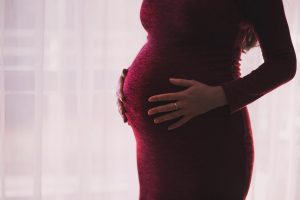New protections are now in place for workers who are pregnant or nursing. These federal protections were signed into law as the Pregnant Workers Fairness Act (PWFA) and the Providing Urgent Maternal Protections for Nursing Mothers Act (PUMP Act). As our Los Angeles employment attorneys can explain, these statutes expand previously-established federal laws that protect both pregnant and nursing employees.
Let’s start with the PWFA, which technically goes into effect in June 2023. The law says that employers with 15+ employees must provide reasonable accommodations to qualified workers/applicants who have temporary physical and/or mental limitations as a result of conditions like pregnancy or childbirth.
As our Los Angeles pregnancy discrimination lawyers can explain, existing federal law does not consider pregnancy a “disability” that entitles a worker to reasonable accommodations. Employers are only required to extend reasonable accommodations for pregnancy, childbirth, or related conditions when similar accommodations are extended to other workers too. The PWFA changes that.
An employee is deemed “qualified” under the PWFA if they have the ability to perform the core functions of the job with those reasonable accommodations. Even if they can’t form a key function of the job for a temporary period of time due to pregnancy, childbirth, or related condition, they may still be qualified if they’ll be able to perform it at some point in the near future AND their current inability to do so isn’t an undue hardship on the employer (similar to the Americans With Disabilities Act).
Also similar to the ADA is the fact that the PWFA compels an interactive process of good faith between all parties in order to identify which accommodations are “reasonable” given the job and the company. Employers aren’t allowed to require workers to take-it-or-leave-it with an accommodation that wasn’t agreed to as a result of that good faith interactive process. Employers also can’t force workers to take leave (paid or unpaid) if some other reasonable accommodation is possible. Asking for a reasonable accommodation on this basis is not a lawful basis for employer retaliation.
Some examples of what may be considered a “reasonable accommodation” under the new law: Continue Reading ›
 Orange County Employment Lawyers Blog
Orange County Employment Lawyers Blog










